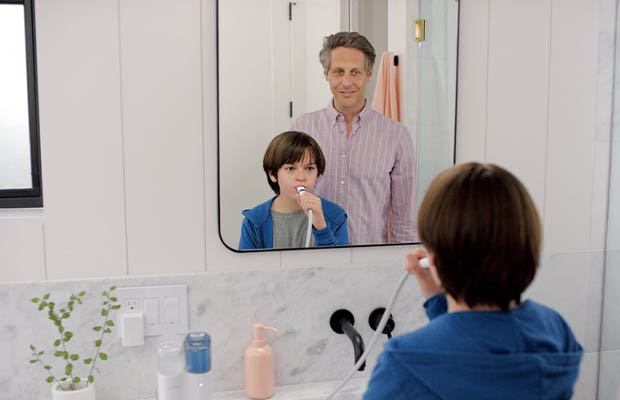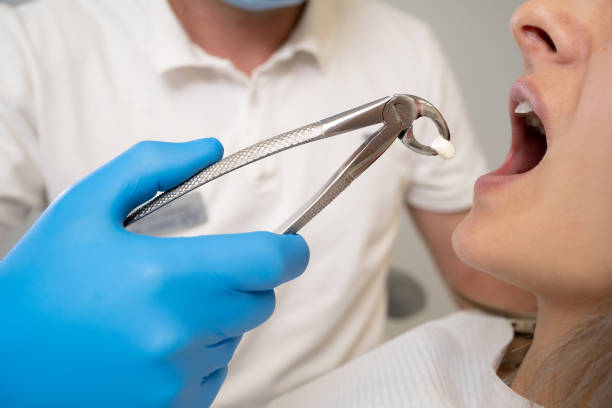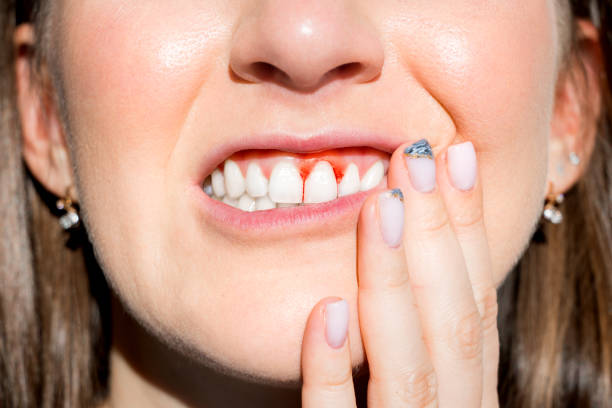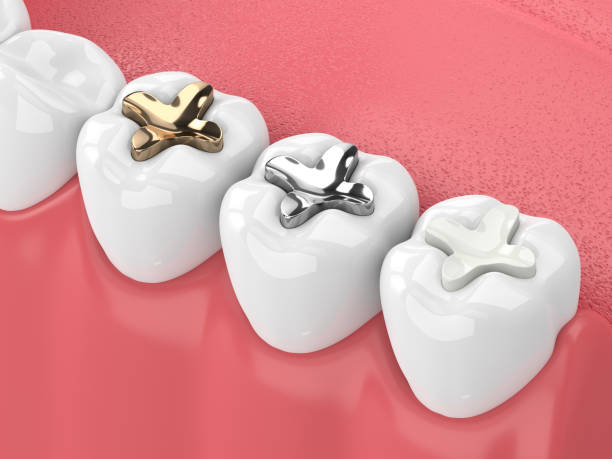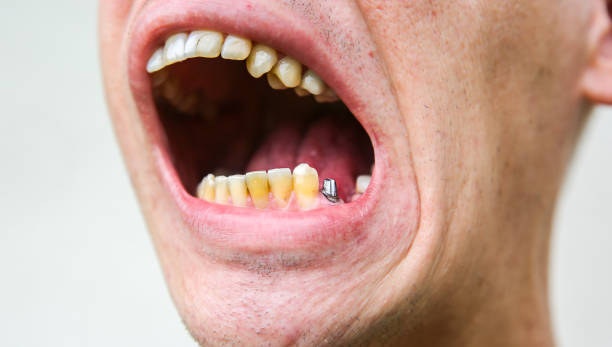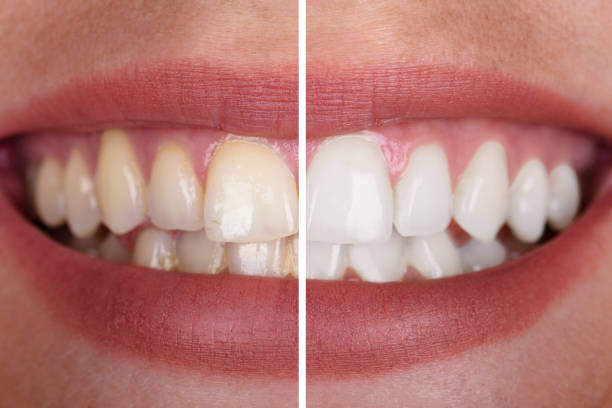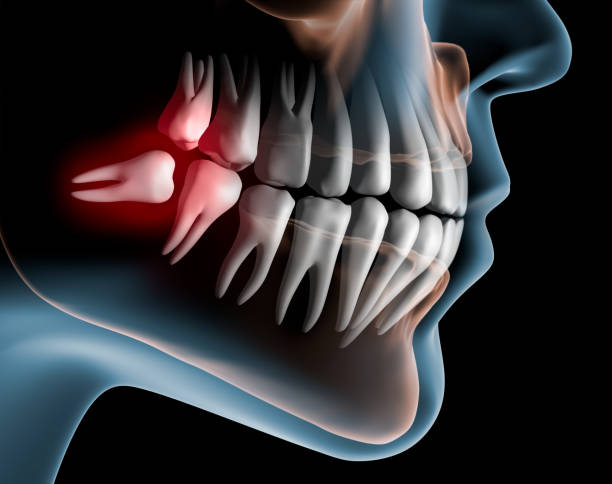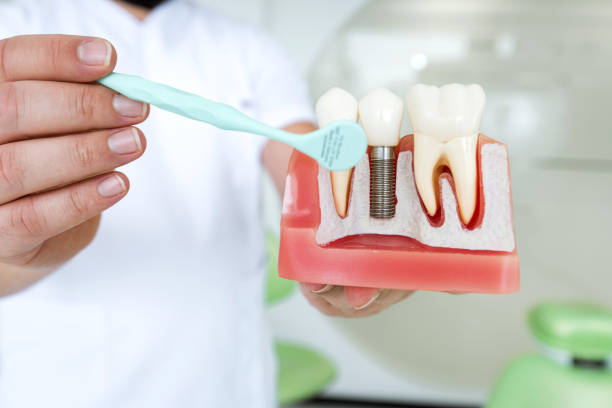Adult tooth extraction is a fairly common occurrence. Despite this, many people experience anxiety and even fear when their periodontist advises them that they must have a tooth extracted. They frequently ask a lot of questions about the procedure, the recovery period, and the aftercare, which is great because it is always advisable to be fully informed about any medical procedure you must undergo. How long can I eat after having a tooth extracted is one of the most frequently asked questions about tooth extraction.
Table of Contents
What is a Tooth Extraction?
Taking out a tooth or tooth roots without causing much harm to the surrounding tissues is called a tooth extraction. The extraction procedure makes sure that there will be no complications after the procedure when the socket heals.
A dental surgeon typically gives patients instructions on how to take care of their mouth after tooth extraction. Following the dentist’s aftercare recommendations after the tooth is extracted ensures that there won’t be any problems or delays in healing.
Additionally, adhering to post-extraction instructions reduces the possibility of an infection or dry socket.
When Can I Eat After Tooth Extraction
You can take out the gauze sponges your surgeon put in your mouth an hour or so after surgery so you can eat. For the first 24 hours following surgery, stick to soft foods and stay away from all hot and cold items. Drinking through a straw can cause the blood clot to become dislodged and delay your recovery, despite the fact that this may seem counterintuitive.
What To Eat After Tooth Extraction
Blended Soups
Blended soups, like tomato or pumpkin soup, are the ideal postoperative staples. When you are unable to eat the majority of fruits and vegetables, you will still be able to meet your daily nutritional requirements.
Greek Yogurt
Do you enjoy sweet things? You can recover from surgery by consuming Greek yogurt, which is a nutritious and high-protein treat. Its soothing, creamy texture may help to dull the pain.
Mashed Potatoes
Mashed potatoes are a great choice if you’re looking for comfort food after surgery. The calories and nutrients in this traditional dish are abundant and crucial for healing. So make sure your mashed potatoes are lukewarm and keep in mind that you should avoid hot foods.
Scrambled Eggs
Scrambled eggs are among the best foods to eat after tooth extraction surgery. They are rich in protein and other healthy vitamins and minerals for your body. Try to consume eggs that have omega-3 fats added to them as well because they help with recovery.
Scrambled eggs, fortunately, are simple to chew and swallow. To complete the meal, top it with cheese and avocado.

What Food To Avoid After Tooth Extraction
Spicy Foods
Avoiding spicy food after a tooth extraction is essential. Spices like cayenne pepper or paprika can irritate your extraction wound if they penetrate there. It will take longer to heal if the area is inflamed.
Chewy Foods
After tooth extraction, chewy foods should be avoided. Foods that are chewy and sticky may find their way into the socket where your tooth was removed. And once more, that might result in irritability and a hold-up in healing.
Meat
If you are a meat eater, you might be wondering,” When can I eat solid food after tooth extraction”? How quickly the area heals, however, will determine the answer.
It takes a lot of chomping and grinding of the teeth to properly consume meat because it is so chewy. But you want to stay as far away from that as you can while your extraction wound is healing. After 24 hours, but it might take several days, you might be able to eat meat.
Alcoholic Beverages
Following a tooth extraction, abstain from alcohol entirely. Alcohol may slow the healing process and interfere negatively with any dental medicine that is taken.
Wait until your medications are finished and your wound has healed completely before consuming any wine, beer, or alcoholic beverages.
Crunchy Foods
After an extraction, it might be tempting to grab a snack, but you should exercise caution. Chips or cookies may become stuck in the extraction site and hinder the healing process. Avoid nuts and other foods that have a crunchy texture.
Reasons Why You May Need a Tooth Extraction
Crowded Teeth
Impacted wisdom teeth can develop when there isn’t enough room in the mouth for teeth to erupt.
Severe Damage
Trauma, injury, or tooth decay can all result in this harm.
Infection
A tooth infection may occur if there is tooth decay or damage that penetrates all the way into the pulp chamber, the area in the center of the tooth that houses the nerves, blood vessels, and connective tissues. When an infection is severe, tooth extraction may also be the best course of action in addition to a root canal as the preferred treatment. Any possibility of infection in people with weakened immune systems may be sufficient for our oral surgeon to recommend a tooth extraction.
Presence of Tooth Decay Or Gum Disease
It can be challenging to properly clean these molars due to their location in the back of the mouth.
Summary
After having a tooth pulled, you should refrain from eating anything that requires chewing for the first 24 hours. Try to restrict your intake to only liquids. Go for soft meals that don’t require much chewing, like pudding or oatmeal, if they don’t fill you up and you want to eat solid food.

